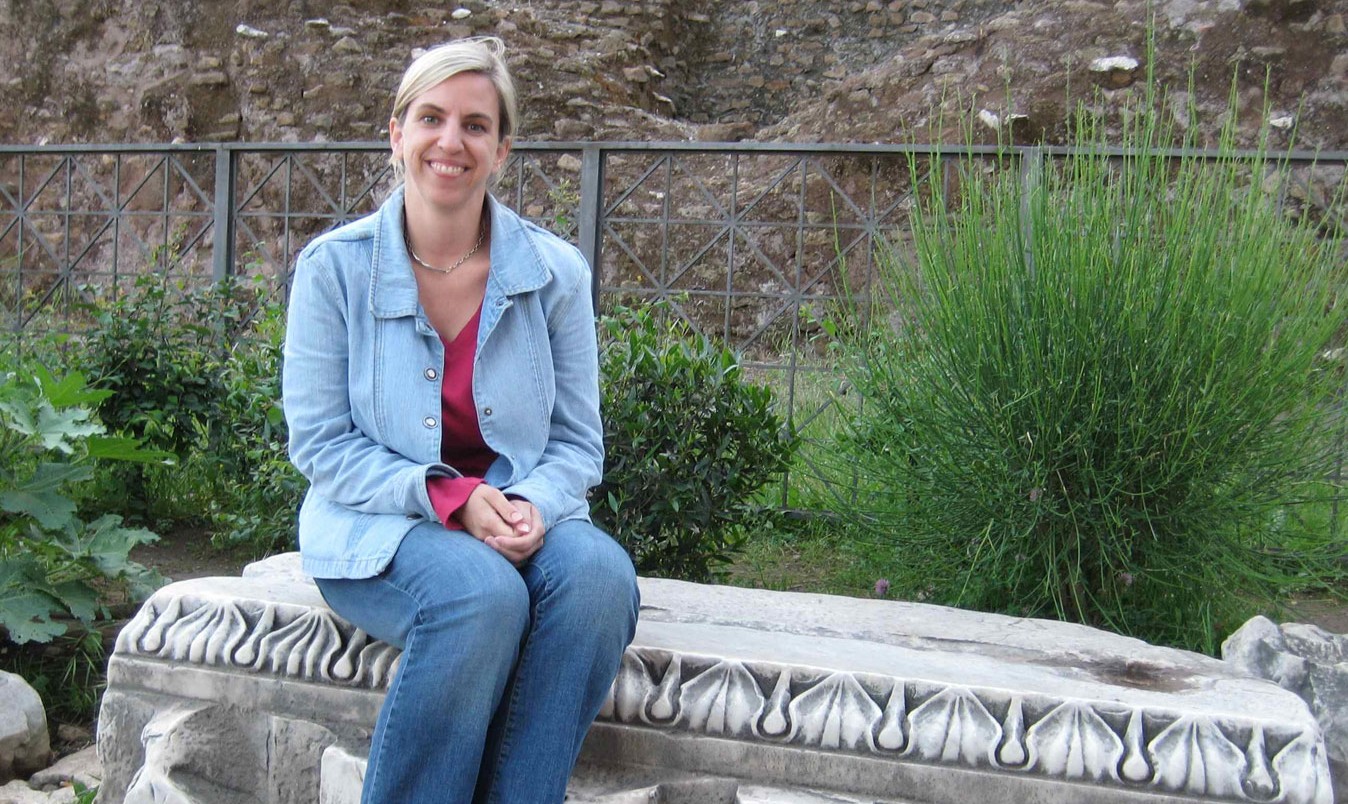
Graduating Global Citizens
Students taking a study abroad program in the College of Agriculture and Life Sciences earn a passport stamped with experience. That’s key to graduating global citizens, says Shelley Taylor, director of the college’s study abroad program.
“Students need to have cross-cultural ease, an understanding of the interconnectedness of the world and a view that encompasses multiple perspectives,” Taylor says.
Currently, more than 25 percent of the college’s graduating classes study abroad. The goal is to have at least 50 percent. Taylor says the college’s program is one of the best in the nation. She credits the strategic planning, leadership and support of its administrators.
“We have progressive thinking leaders who understand the value of a global view,” Taylor says. “We also couldn’t do this without the involvement and dedication of our faculty.”
During her 11 years in the ag study abroad office, Taylor has seen the transformation of students returning from study abroad trips. The academically intensive program isn’t about being a tourist.It’s about immersing students in other cultures and working with organizations like the Food and Agriculture Organization of the United Nations to solve problems.
Taylor also serves as assistant director of Global Ag Programs. She tracks global issues, which helps her office coordinate study abroad plans for students and faculty. She also meets and collaborates with educators around the world to discuss academic experiences and opportunities for students.
Weaving together cultural experiences and analytical skills helps students understand complex global issues. Taylor says one student who traveled down the Yangtze River appreciated the insights she gained about the controversy surrounding the construction of the Three Gorges Dam.
Getting students to experience situations outside their comfort zone also builds confidence and problem solving skills, Taylor says. Students begin developing and practicing those skills when faced with simple challenges that involve food, traffic, currency, customs and language or the more complex challenge of interpreting a new culture.
She recalls one student’s semester in Brazil. The student had never been in a situation where he was in the minority, so he didn’t understand why everyone was asking him questions about his background.
“He finally realized that he was ‘the foreigner’ who looked and spoke differently than everyone else and that realization helped him see things from a different perspective,” Taylor says.
Another student was visiting a country where one of his favorite fruits was grown. Taylor says the experience gave him the global perspective on how produce is moved throughout the world. It also gave him an understanding about “fair trade” and the economics behind trade issues.
Studying abroad is an investment in a student’s career because a global view is an important asset for both employers in the U.S. and abroad. In fact, Taylor says, “students packing to go to college should consider a passport as essential as a computer.”



